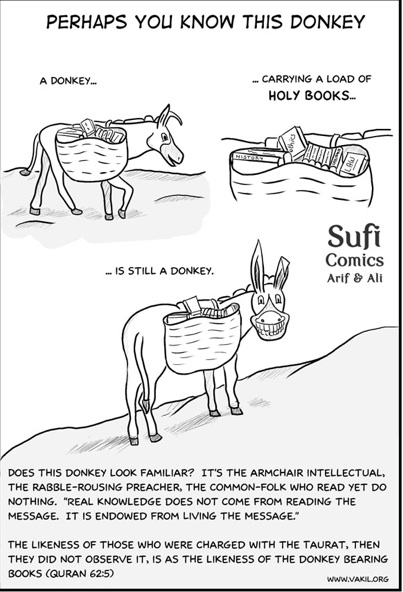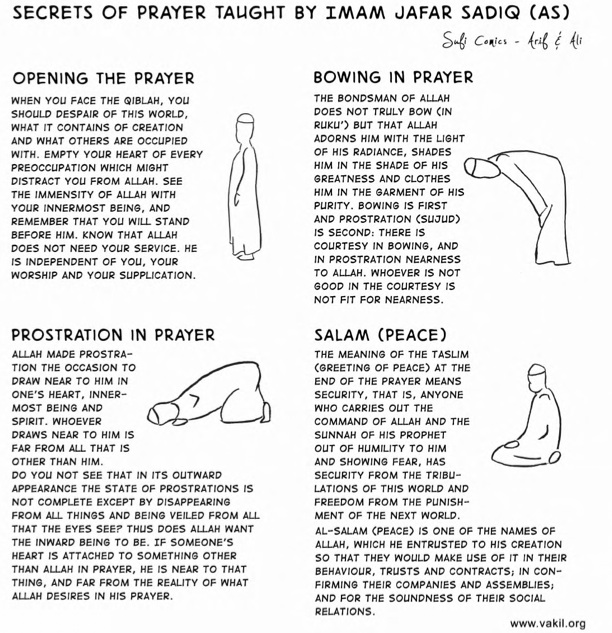There are conversation that are hard to forget; hard to forgive.
A few years ago, a conversation with a friend turned awry. During our conversation, she brought up the topic of religion. She started with the question: “What does Allah mean?” I explained that the word was an Arabic term for the word God or dios.
I thought that was the end of her curiosity, until she responded with “Allah is not God. My God is not your God.” I was confused my her remark, so I responded with, “Well, there is only one God.” She went on to explain that her God is one of love, mine was one of war. I was deeply hurt by her comment, but I approached it gently. I told her that she may have misunderstood from the media what the meaning of Islam was (I reminded myself that she had never been exposed to another religion).
She was physically worked up; angry that I did not accept her explanation. I began to realize that she was purposely trying to provoke a reaction.
I remember feeling my throat closing and a sharp pain in my gut. The same reaction I feel when I am about to cry and cannot run away.
Then, she said to me, “Everyone knows the evil in your religion; how you have to deceive and befriend Christians in order to “get by” in the world. I don’t know why you are the only one blind to it.”
My friend, whom I treated as part of my family. One of the only people I trusted to care for my children. I felt like collapsing. It is so different when a keyboard warrior attacks you, but when it is a person that you hold in high regard turns on you, how do you respond? I wanted to physically collapse.
I ended the conversation by calling her an “ignorant person” and asked her to leave my home. After she left, I cried a lot.
The details of the conversation are much worse than I can write.
One week after the confrontation, she called to apologize. I accepted her apology and have since tried to repair my relationship with her. We have become friends again, but it has been almost a year and I still feel very hurt when I remember that conversation. The words that hurt the most were “everyone knows about the evil in your religion”. For the past year, I accepted those words from her. I have second guessed many things; the sincerity of my friendships, my Muslim community, among many other things. I have found myself avoiding talks of religion and any conversation that may reveal that I am a firm believer. For the past year, I have been truly afraid that another person I trusted would turn on me, like the comment section of a social media post gone incarnate.
I have become very nervous when people around me bring up topics surrounding Islam. The words, “everyone knows about the evil in your religion” has made me second guess my family and friends, feelings that they are simply to scared to lash out at me in the same way my friend did at my home.
It has been really hard to forget this particular incident, although I have chosen to forgive her. I hold no ill will towards my friend. Although she was wrong, she is not completely at fault. I have accepted to believe that there are many other factors at hand that have influenced the way she reacted that day.
I try to have hope that forgiveness, especially with your loved ones, can start a process of healing for oneself and the world at large. I try to hold on to this idea.
Today, a friend announced that he would give his first sermon at his Methodist Church. He asked the social world for prayers. A prayer that always makes me surrender myself to God on important days came to mind, the Prayer of Light, also known as the prayer of the prophet Muhammed (pbuh). I hesitated to send it to him, but I went ahead and did so in support of his calling to spread the word of God. I had not shared anything Islam-related with anyone in a very long time, so was a little bit afraid of his response. He responded with gratitude and went on to say how beautiful he found Islam. He further explained that he enjoyed the Quran and recitations. His response made me cry. A Christian, a pastor, validating my beliefs as ones that are good.
It took me a few hours to respond emotionally to the message. Tonight, I have cried a lot. I remembered the scar that my friend left a year ago. That feeling of invalidation and spite towards the path that I hold dearest to my heart; that path through which has penetrated every part of my being with Light.
I am recovering from an encounter that has greatly affected the way I express myself religiously, because I am afraid to do so. Today, my pastor-friend’s message has started the healing process.
There are so many other things going through my mind. How are people able to find common ground despite their religious differences? How do we use framework of our chosen religion to better love others? How do we transcend the human limitations of our chosen religion to connect with people from all walks of life? Is that still possible in today’s world? I know it is possible and I need to hold on to this thread of hope to continue to heal emotionally and grow spiritually.



